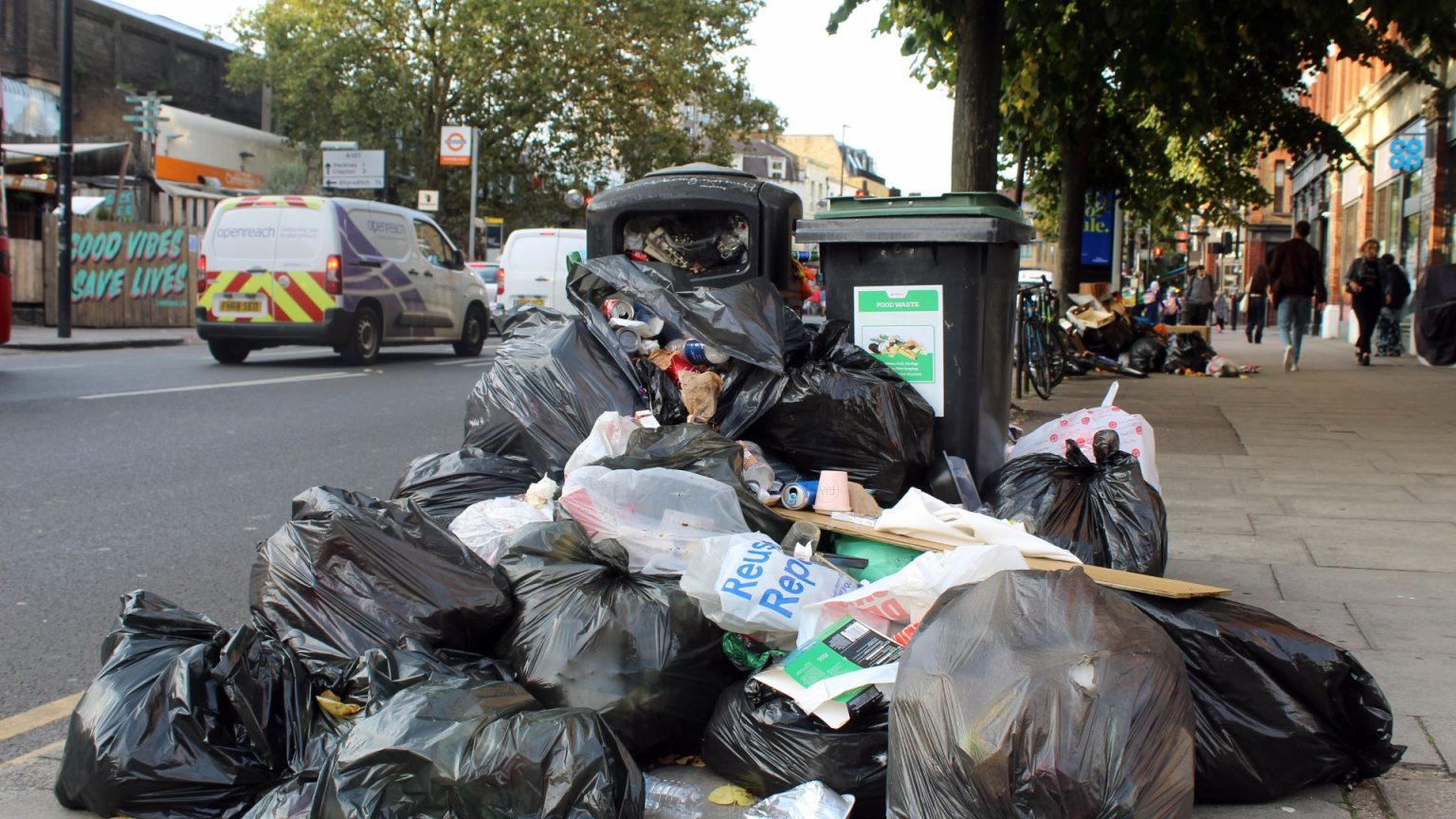The specter of overflowing bins and increasingly grimy streets looms over the UK as a significant number of local councils contemplate reducing waste collection services. Driven by financial pressures, this cost-cutting measure threatens to disrupt waste management for millions of residents, potentially exacerbating existing challenges with overflowing bins, fly-tipping, and general urban cleanliness. The Taxpayers’ Alliance, a public spending watchdog, has revealed that 42 local authorities across the country are exploring options to scale back waste services. This translates to nearly five million people potentially facing altered bin collection schedules and over 800,000 residents bracing for less frequent recycling collections, shifting from fortnightly to monthly pickups.
This trend towards reduced waste collection services is emerging against the backdrop of impending national changes to bin provision. Starting in 2026, councils will be mandated to provide a standardized set of four containers—either bins or bags—to households and businesses. This standardized set will consist of containers for non-recyclable waste, combined food and garden waste, paper and card, and a final container for other recyclables. This move aims to simplify the current, often confusing, recycling system introduced by the Environment Act 2021. Previously, the Act categorized various materials—glass, metals, plastics, paper, card, and food waste—as recyclable, leading councils to distribute separate bins for each material in addition to general waste bins. The hope is that a streamlined system will lead to improved recycling rates.
However, the convergence of these two factors – cost-cutting measures by local authorities and the implementation of the standardized four-bin system – raises concerns about the practical implications for waste management. While the standardized system aims to simplify recycling, the simultaneous reduction in collection frequency could lead to overflowing bins, particularly for larger households or those generating significant amounts of certain types of waste. The Taxpayers’ Alliance warns that these cuts could result in “mountains of waste” and disrupt essential services that residents rely on.
The specific proposals being considered by various councils highlight the diverse approaches being taken to reduce costs. Some councils, like Bristol, Carmarthenshire, and East Ayrshire, are considering shifting residual waste collections to a monthly schedule, a drastic reduction that could pose significant challenges for residents. Others, including North Ayrshire, Dundee, and Angus, are contemplating switching recycling collections to a monthly frequency. Meanwhile, East Hertfordshire Council is exploring a less drastic reduction in general waste collections, moving from fortnightly to three-weekly pickups, coupled with a reduction in bin size.
The implications of these proposed changes are wide-ranging. Beyond the immediate inconvenience of less frequent collections, there’s a potential for increased fly-tipping as residents struggle to manage their waste within the confines of reduced collection services. Overflowing bins also create sanitation issues, attracting vermin and contributing to unpleasant odors, impacting both public health and the overall quality of life in affected areas. Furthermore, the reduction in bin sizes proposed by some councils, such as East Hertfordshire, could exacerbate the issue of overflowing bins, particularly for larger households.
The move towards reduced bin collections is being driven primarily by financial constraints faced by local authorities. Councils across the UK are grappling with budgetary pressures, and waste management services are often seen as an area where savings can be made. While cost-cutting measures are sometimes necessary, the potential consequences of drastically reducing essential services like waste collection need to be carefully considered. Critics argue that such cuts could lead to a decline in public hygiene and ultimately cost more in the long run if issues like fly-tipping and vermin infestations escalate, requiring additional resources to address. The Taxpayers’ Alliance, while advocating for responsible spending, emphasizes the importance of maintaining essential services and delivering value for taxpayer money. They urge councils to prioritize efficient waste management and avoid cuts that could negatively impact residents’ quality of life.
The situation unfolding in the UK highlights the complex challenges facing local authorities in balancing budgetary constraints with the provision of essential services. The proposed reductions in bin collections underscore the need for a comprehensive and sustainable approach to waste management that addresses both financial realities and the importance of maintaining public hygiene and a clean environment. As councils grapple with these challenges, it is crucial to prioritize solutions that minimize disruption for residents and ensure the long-term effectiveness of waste management services. The implementation of the standardized four-bin system presents an opportunity to streamline recycling and potentially improve rates, but its success will depend on maintaining adequate collection frequencies and addressing the concerns raised by residents regarding potential overflows and inconvenience. A balanced approach is required to ensure that cost-cutting measures do not compromise the essential role of waste management in maintaining public health and environmental well-being.


